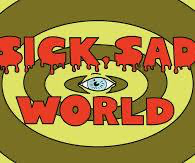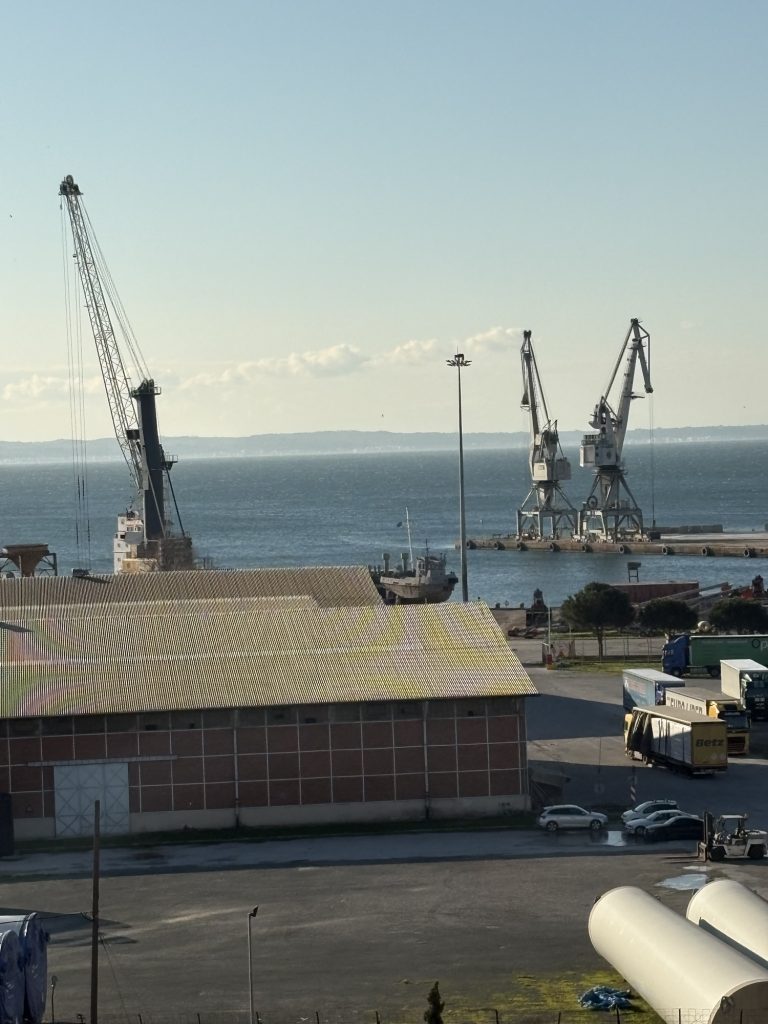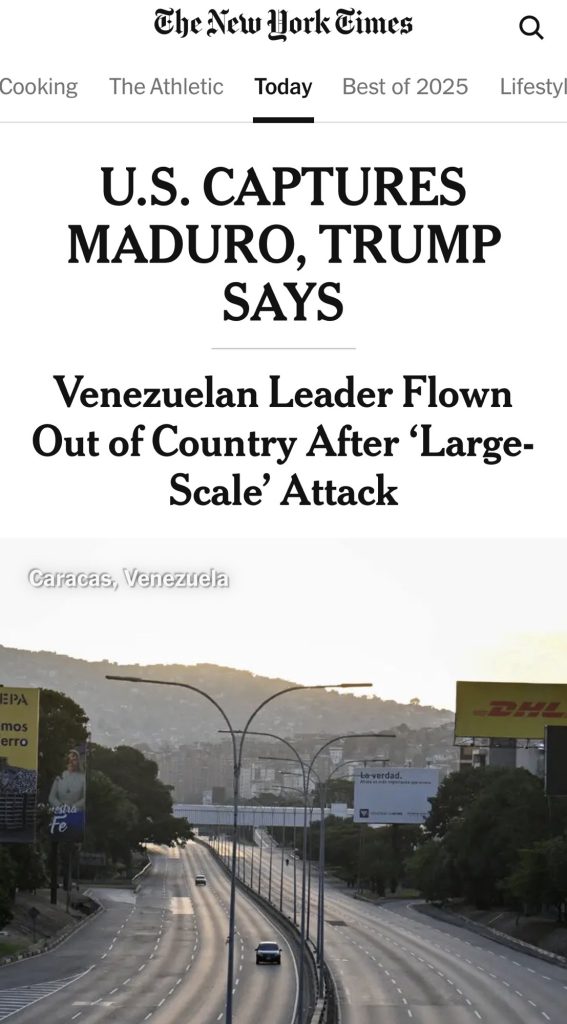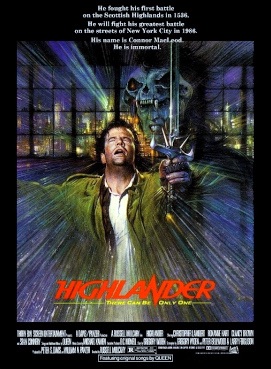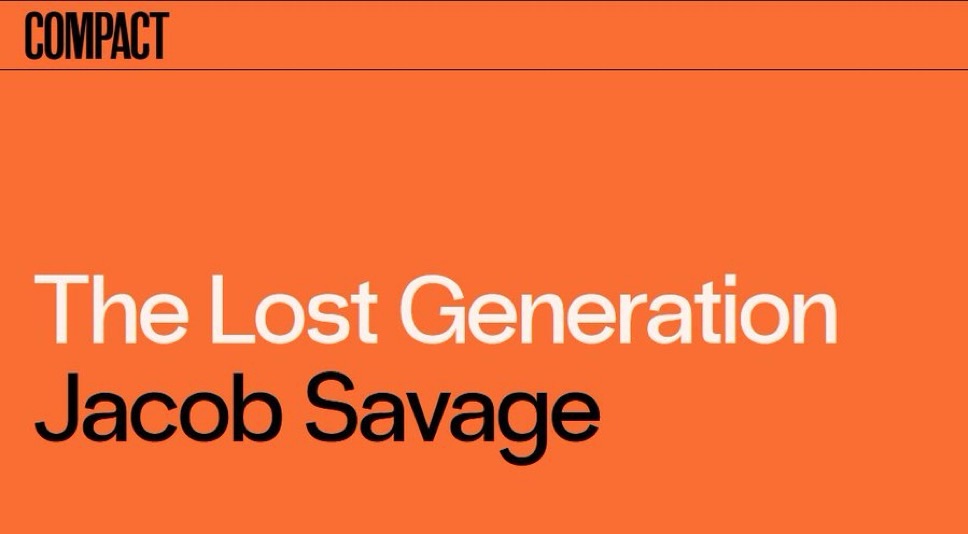I did not have a good weekend. I feel the emotions of humanity’s current transitional phase too keenly. There are the wondrous upswings of hope and deep darkness that consumes anyone who bears witness.
I feel compelled to bear witness. Even though I know it harms me. Even when I know I am staring into a war, purpose designed to push me into or out of the myriad conflicting agendas of state, corporate, faith and cultural powers. A thousand agendas who wish us submit to their will.
I wish I had the guidance of the generation who led the world through modernity’s war torn emergence into our current networked age. Without knowing our future, would they be able to use their past to help us see through the fog that clouds our present?
I find solace in the children’s literature made by artists who lived through brutal dehumanizing totalitarian regimes. They told stories with truths so clear a child could grasp them.
I return to the works of Tove Jansson and Michael Ende again and again as I try to make sense of what it means to be human. Ironic that I should find human truths in authors who wrote of fantastical worlds filled with whimsical trolls and flying luck dragons.
And yet truths that seem crystalline in fiction distort when I apply the lens of my present. I recall Corinthian’s 1 “Through A Glass, Darkly” and know I am not the first to have such troubles. I will not be the last.
Ende wrote a fictional formless entity called “The Nothing” in The Neverending Story. The people of the realm Fantastica voluntarily leap into The Nothing. It has an irresistible pull.
Worse still, the destructive phenomenon changes the Fantasticans who become lies in the human world. Fantasticans who are destroyed by entering “The Nothing,” don’t just vanish. They reappear in our human world as false beliefs, deceptions, and propaganda that people mistake for reality. The symbolism is clear.
When we suppresses imagination and our inner life, our “lost” fantasies don’t disappear. As in shadow theory, they return as toxic narratives, distortions, and myths that make people “blind” to the difference between reality and illusion.
I do not wish for any of us to kill who we are. We walk into The Nothing and whatever version of ourselves comes out the other side is not the truth. I can only pray that I am not willingly walking into The Nothing as I bear witness.
